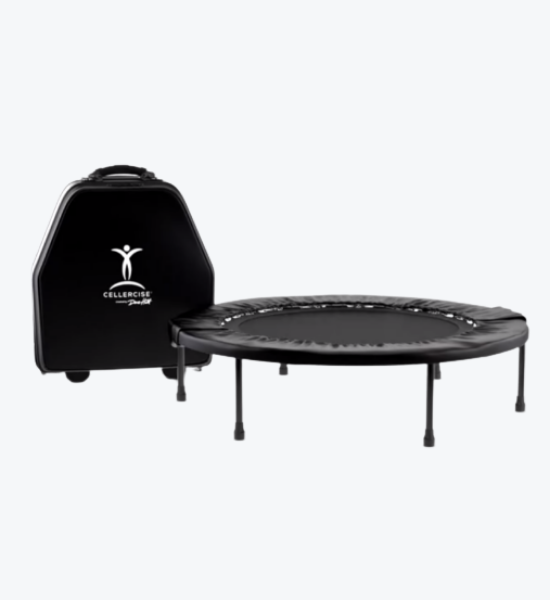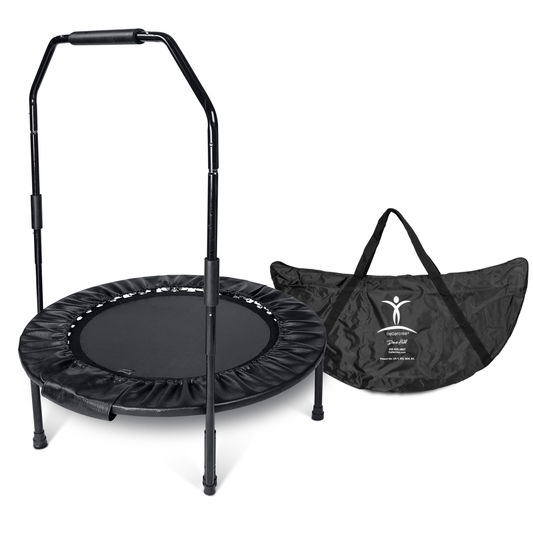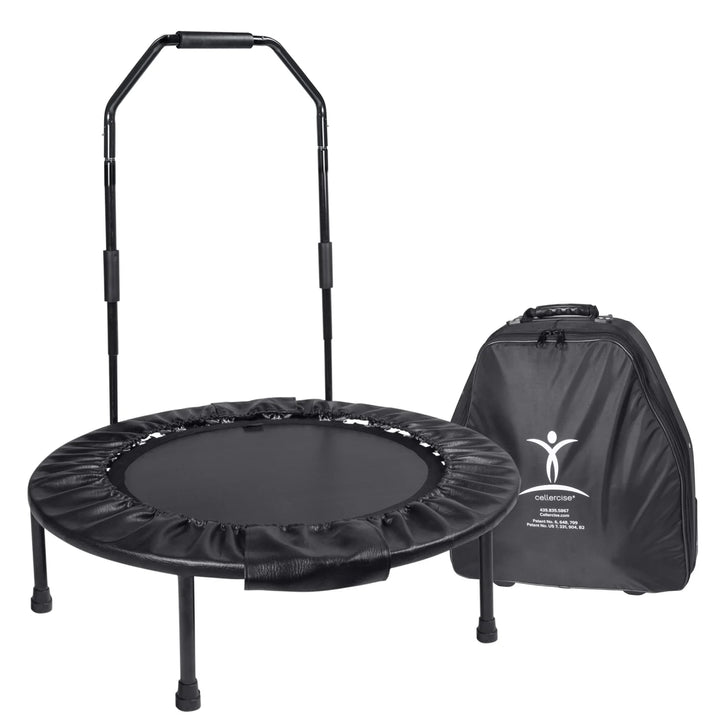Disclaimer: This Blog/Web Site is made available by the publisher for educational purposes only as well as to give general information & understanding regarding the industry. It is not to be used as specific medical advice or to replace consulting with your doctor. You should always consult with your doctor. By using this Blog / Web Site you understand that this Blog/Web Site should not be used as a substitute for medical advice from a licensed professional. For our full disclaimer, please read: Cellercise® Disclaimer
No one likes to discuss bathroom issues… but not discussing them can be dangerous. The digestive process starts with chewing. The food moves through our system, making a stop in the stomach and then down the small intestine, into the large intestine. It makes a brief stop in the rectum and then exits the body. It’s essential that food take this path, and in a timely manner. Waste needs to be expelled and if it’s sitting around inside of the body too long, problems can develop. One of the more serious problems can be colorectal cancer.
Warning Signs of Digestive Issues
Symptoms of digestive issues mostly fall into the category of things that people would rather ignore. Ignoring these symptoms can lead to more serious issues. If you experience any of these symptoms, your digestive system is not functioning the way it should: Reflux, also called heartburn. Most people have the occasional bout of reflux but if it’s happening at least twice each week, it may be a sign of gastroesophageal reflux disease (GERD). That burning sensation or bad taste in your mouth is because stomach acid is backing up into your esophagus. Bad breath. A chronic smelly mouth can be a sign of needing to see a dentist. It can also be the product of digestive issues. The type of smell can be indicative of what may be causing the bad breath. For example, bad breath that smells like fruit might be a sign of diabetes. Food intolerance. Lactose intolerance or food allergies occur when the digestive enzyme that processes a type of food is missing or deficient. Irritable bowel syndrome (IBS). This chronic condition is marked by stomach discomfort or pain several times a month for many months. People with IBS may have loose stools one day and suffer from constipation the next. Constipation. This is a symptom of the body’s inability to rid itself of waste. Usually it’s because the colon is struggling to pass stool through the digestive tract. Skin conditions. Many skin conditions are caused by digestive issues. Psoriasis, eczema, and acne could all be signs that the digestive system isn’t functioning as it should.
Normal Bowel Habits
Because the American lifestyle is so sluggish, people have grown accustomed to living with sluggish bowels. The following is what normal bowel habits should be: Straining to pass stool is not normal. You should feel a sense of urgency and it should pass easily. Bowel movements should exit the body in a single, solid piece. It should sink to the bottom of the toilet. Normal stools are a natural brown color. Stools shouldn’t smell overwhelmingly foul. It’s not too late to improve digestion. By implementing some simple habits into your daily routine, you can easily speed up digestion.
Increase the Greens
Salads add nutrients and fiber to the diet. Eating raw vegetables literally clears the path for other foods to follow. Leafy greens contain the water that the body needs to keep things moving through the digestive tract.
Chew More
Chewing is the first step in the digestive process. Food needs to be thoroughly chewed before swallowing. Chew what’s in your mouth until it can be swallowed as easily as a liquid. When food isn’t chewed properly it passes material into the stomach that isn’t ready to be there.
Take Probiotics
The gut is teeming with good bacteria that assist with proper elimination. Probiotics replace the healthy flora that the modern lifestyle struggles to maintain. Best practice is to take a probiotic supplement first thing in the morning, on an empty stomach.
Drink Up
6-8 glasses of water a day is the recommendation, but if you’re constipated you likely need more. Caffeine is a diuretic. For each cup of caffeinated beverage you consume, it should be off-set with a cup of an unsweetened, non-caffeinated beverage.
Bounce Away
A study published in the Journal of Applied Physiology confirmed that the biomechanical stimuli are greater with rebounding than with running. Rebounding stimulates the gut by increasing blood flow throughout the body. Muscles move food through the intestines and out of the body. When the muscles receive the proper amount of blood, they work more efficiently.
Timing Concerns
One of the concerns with exercise and digestion has to do with the timing of the exercise. Exercise that’s timed well and moderately intense gives the digestive tract a boost. Training hard right after a large meal can cause nausea, vomiting and cramping. A lighter workout is recommended post-meal. In today’s busy world, it’s hard enough to fit exercise into the day without having to worry about whether it’s too close to a meal. Rebounding removes that constraint. Because rebounding can be modified to fit any situation and only takes 10 minutes, it’s easy to fit into a busy lifestyle. The beauty of the Cellercise® Rebounder system is that it folds for easy storage so it’s convenient even in a small space. You can even keep it at the office!





















